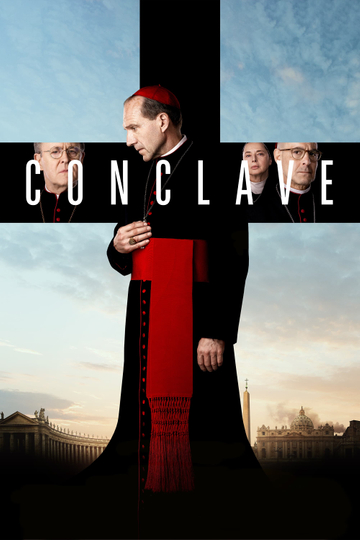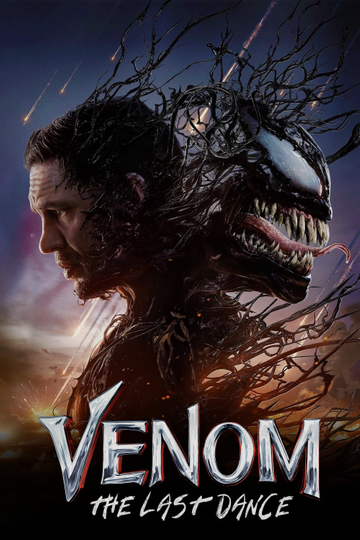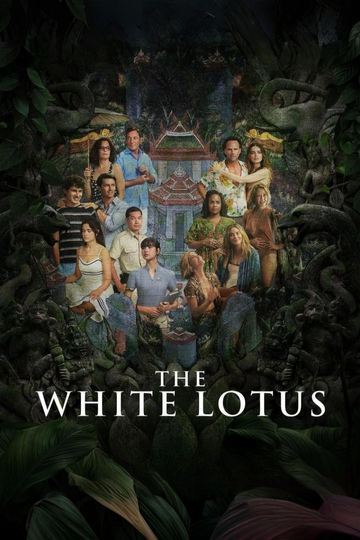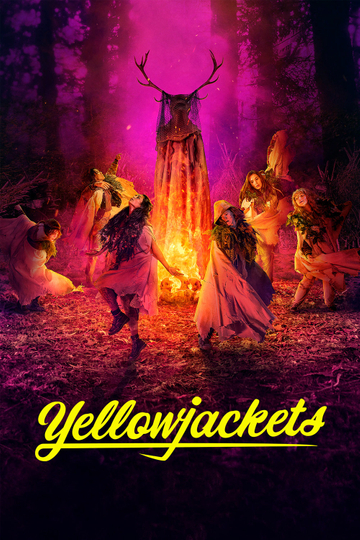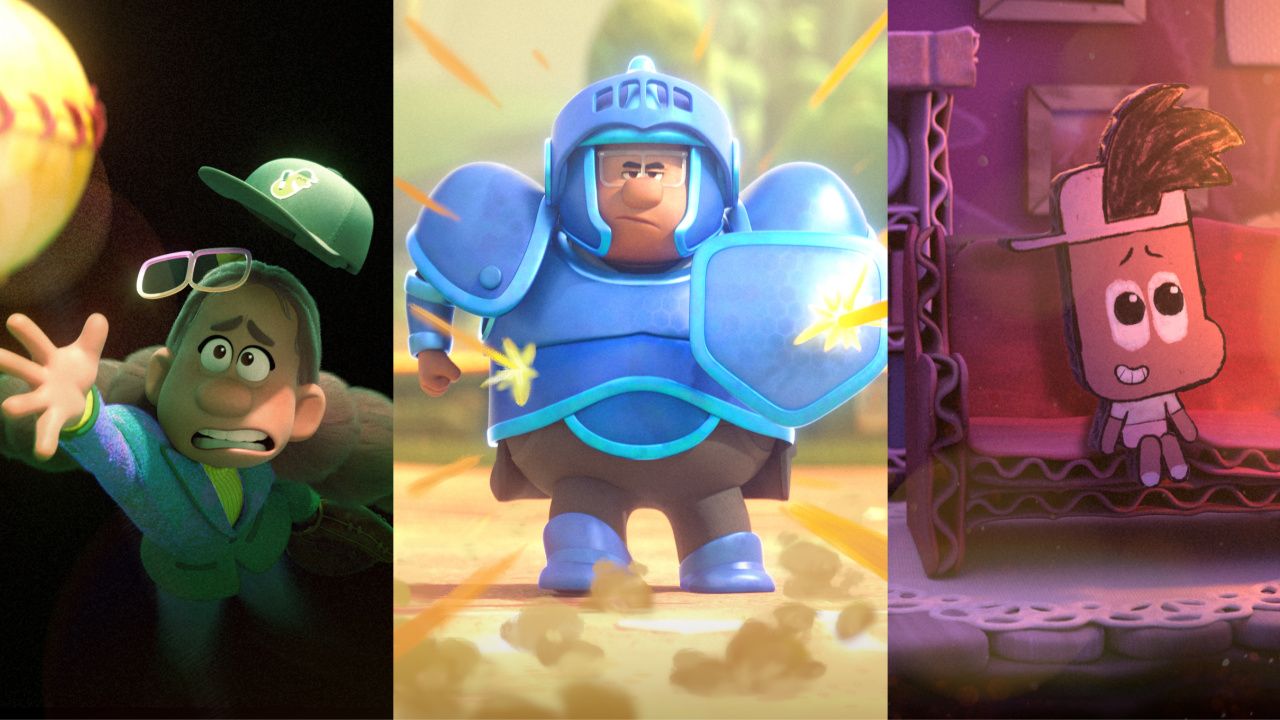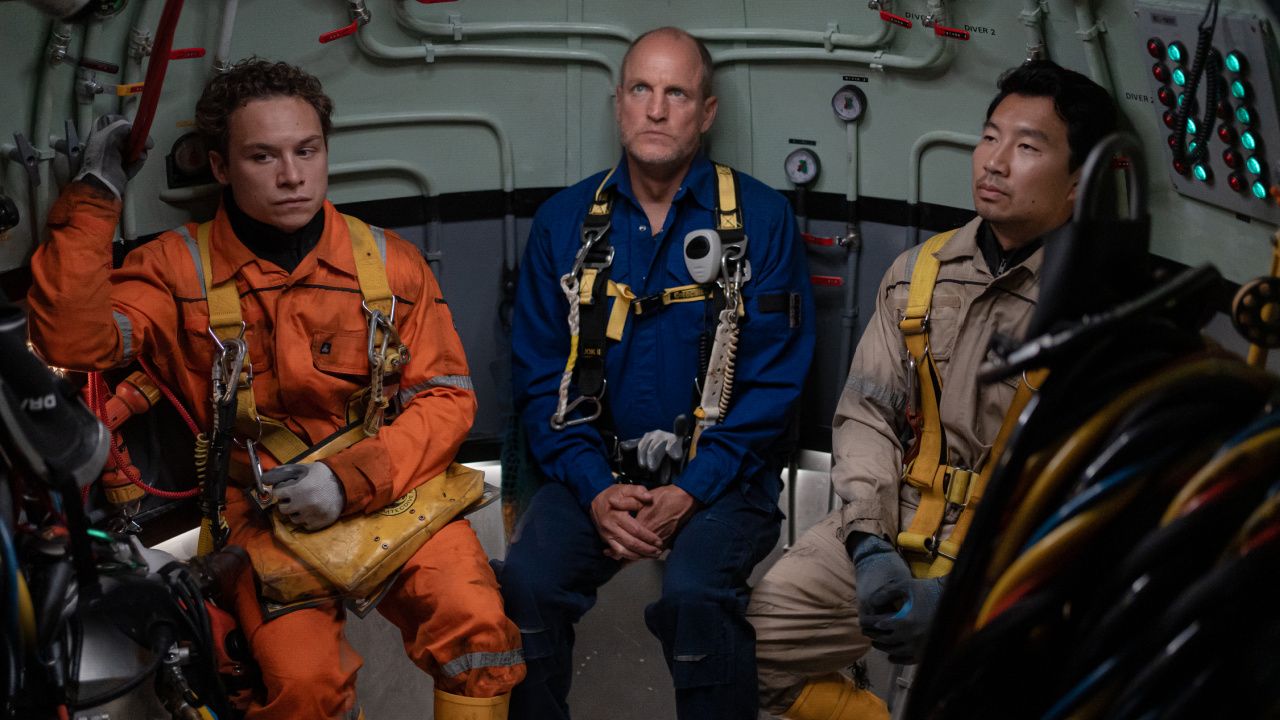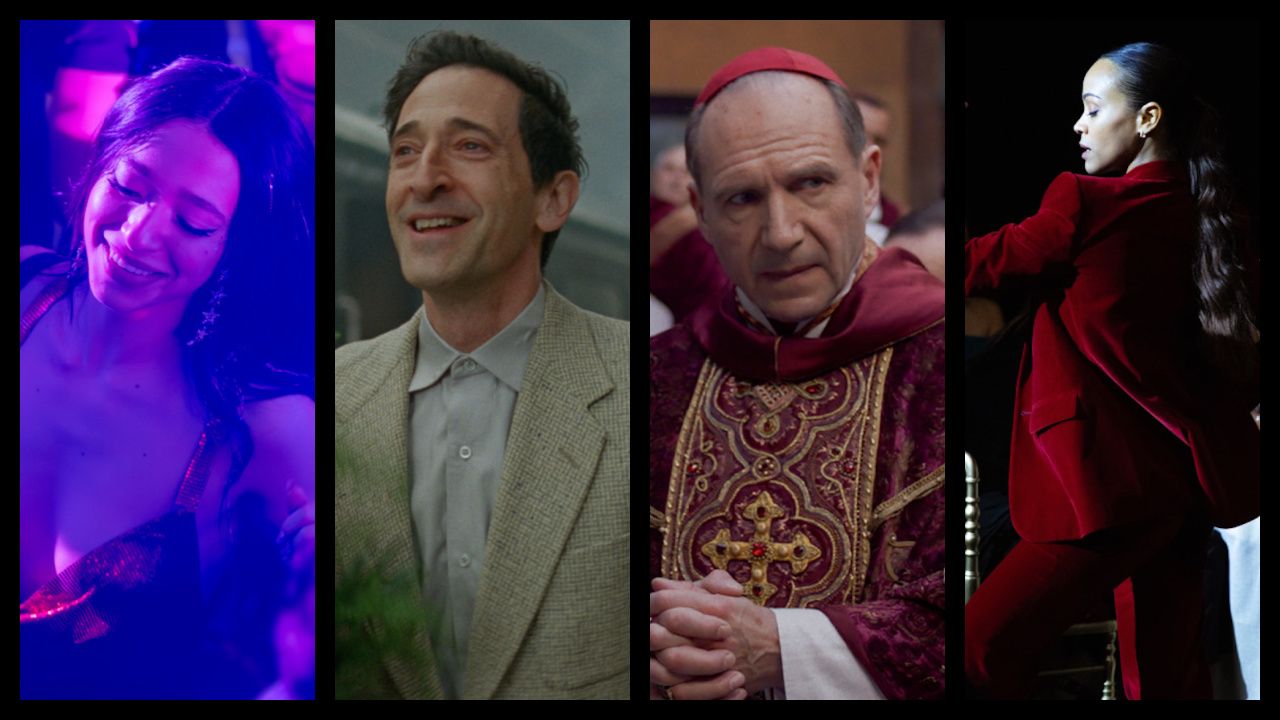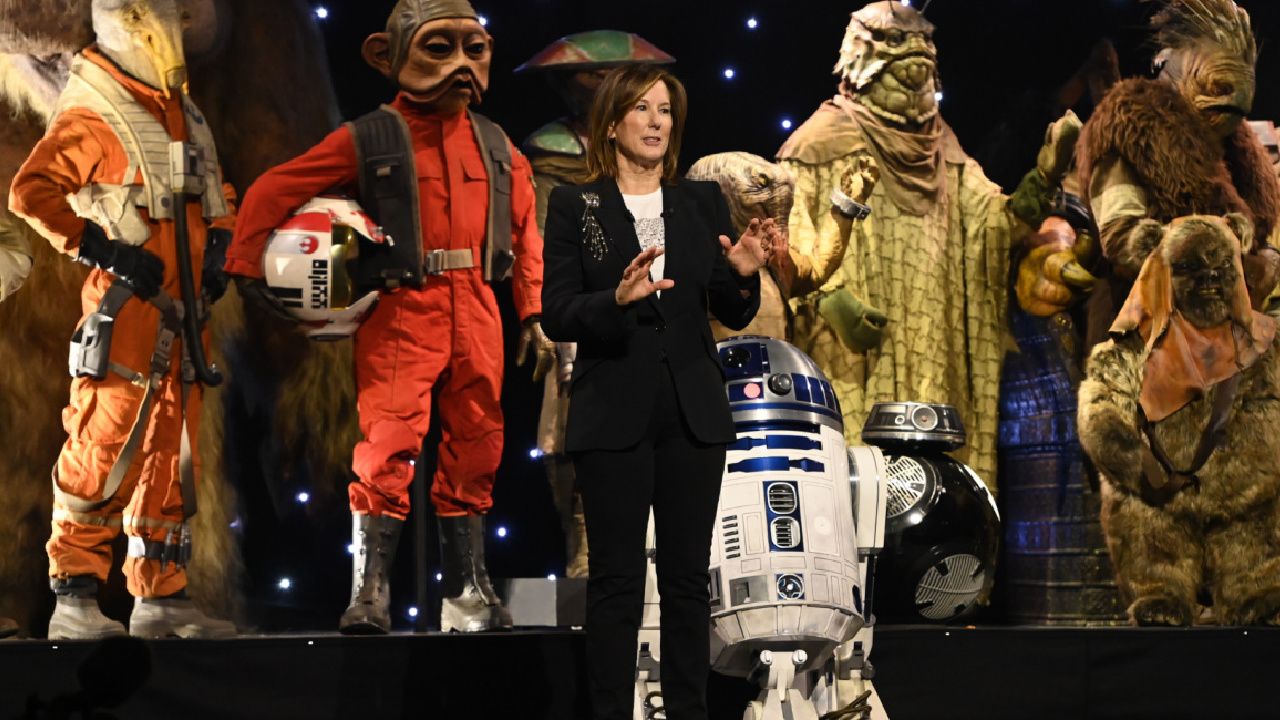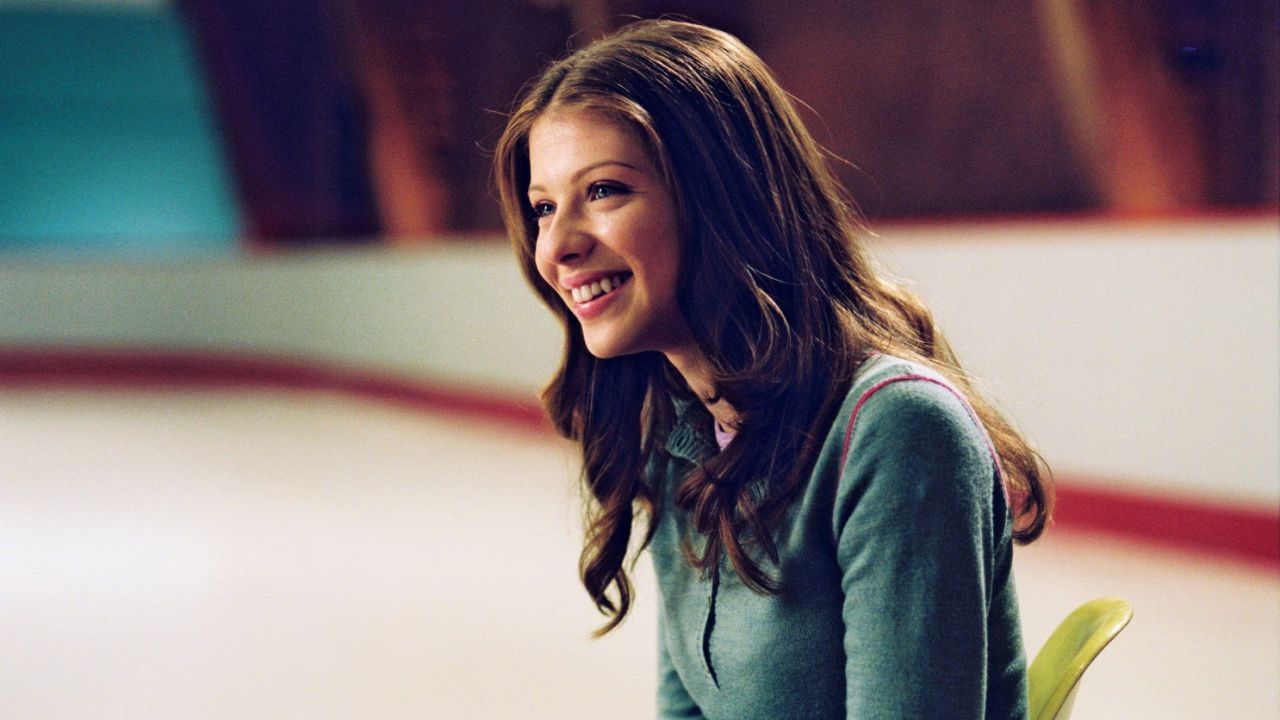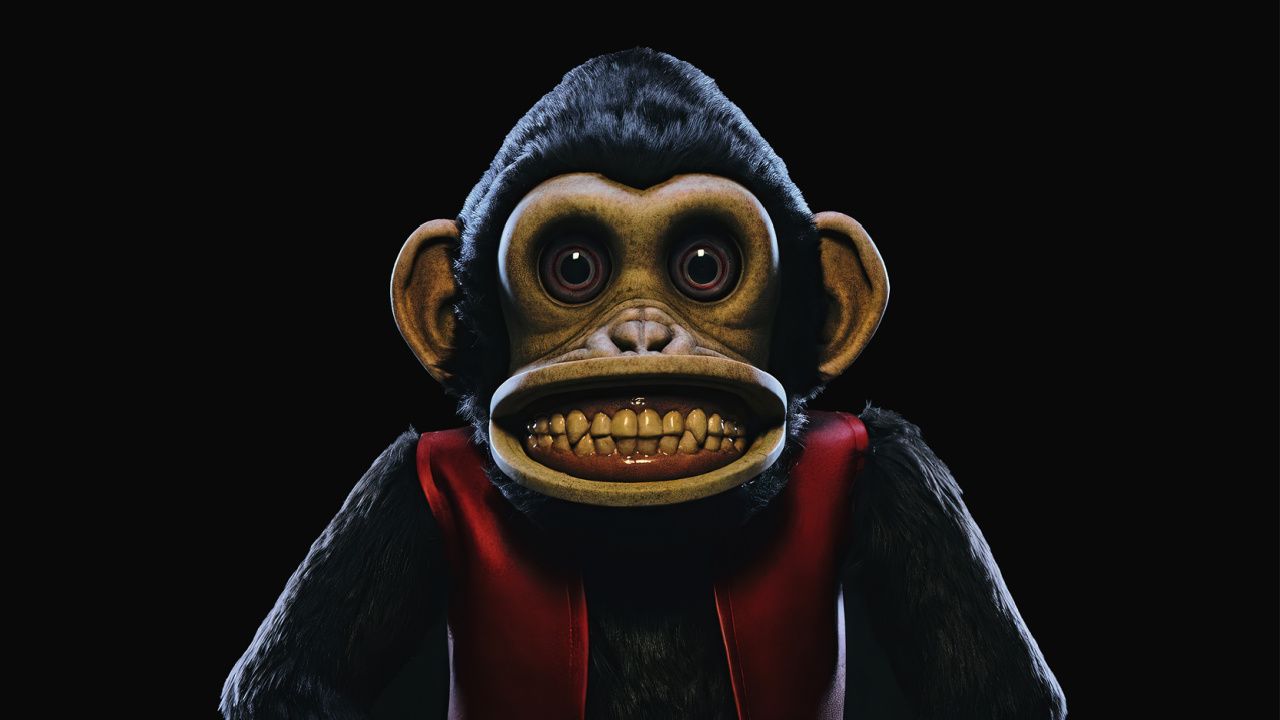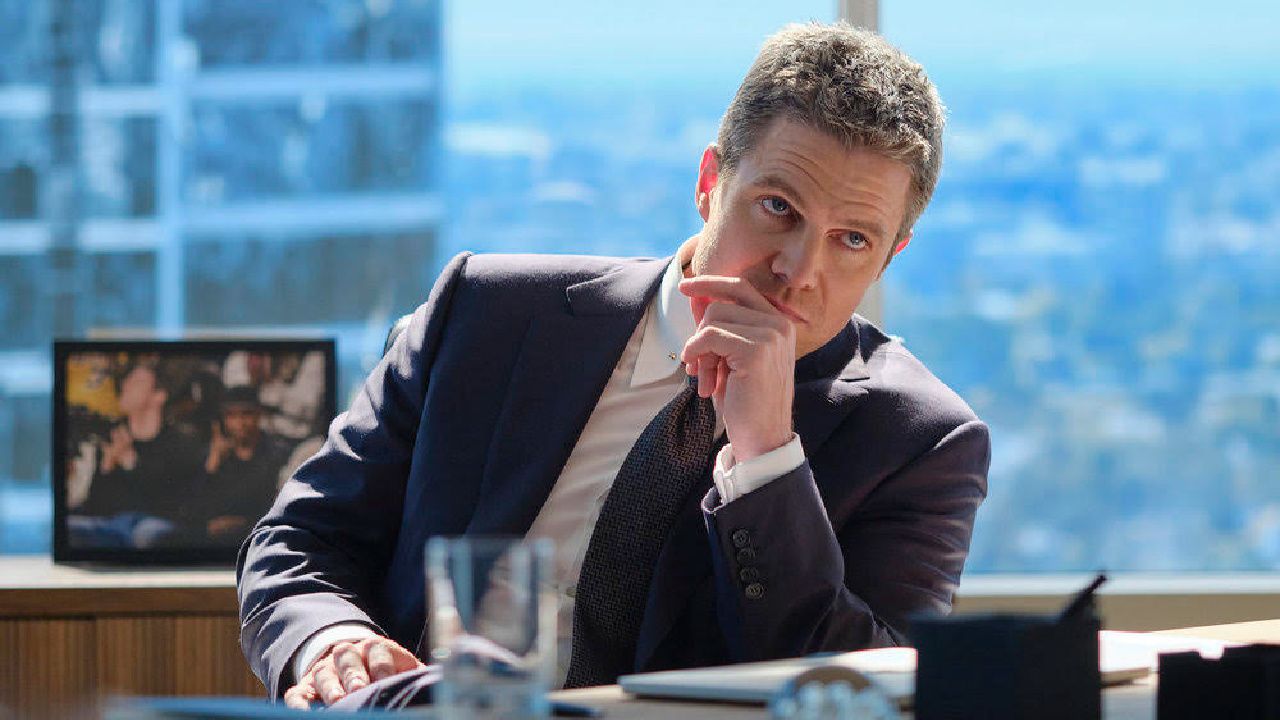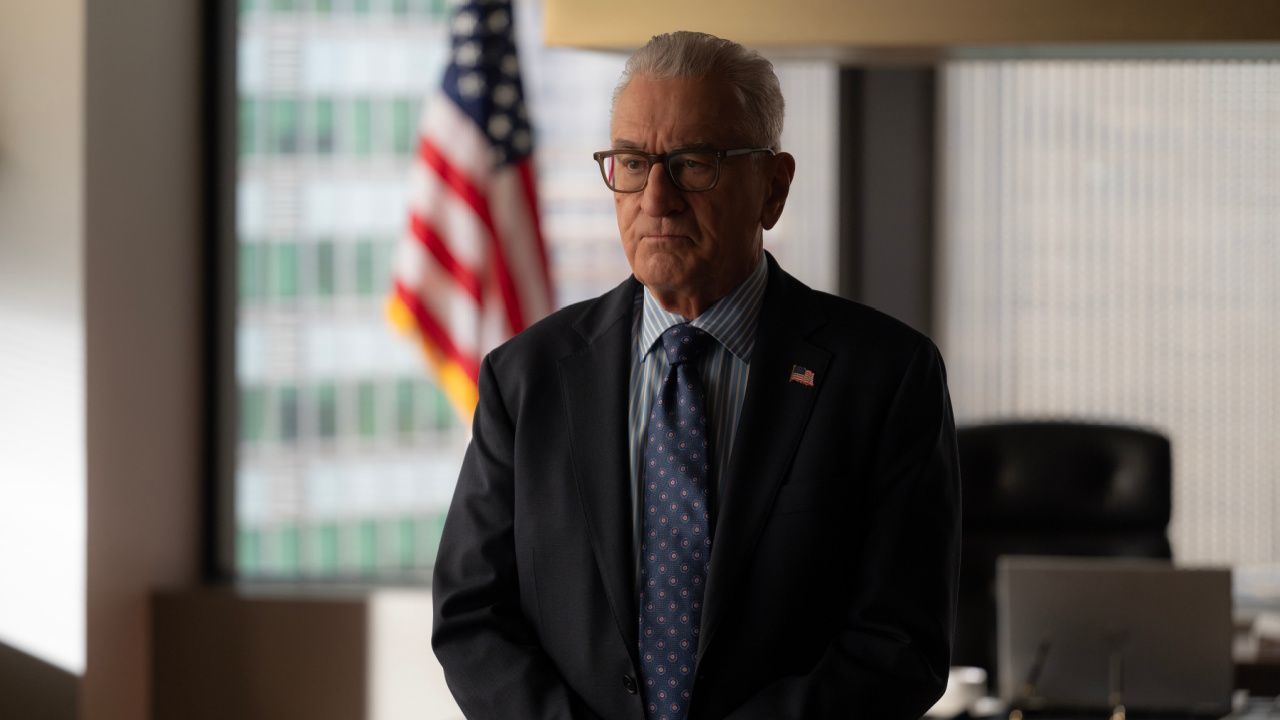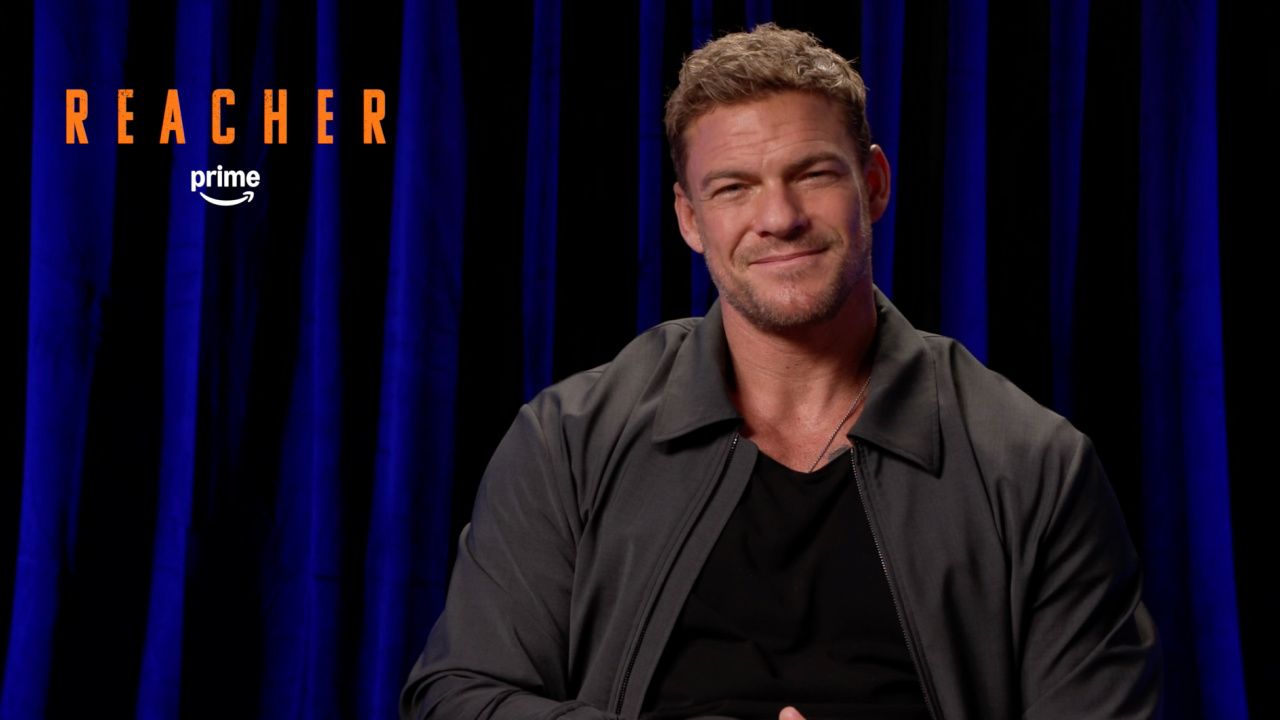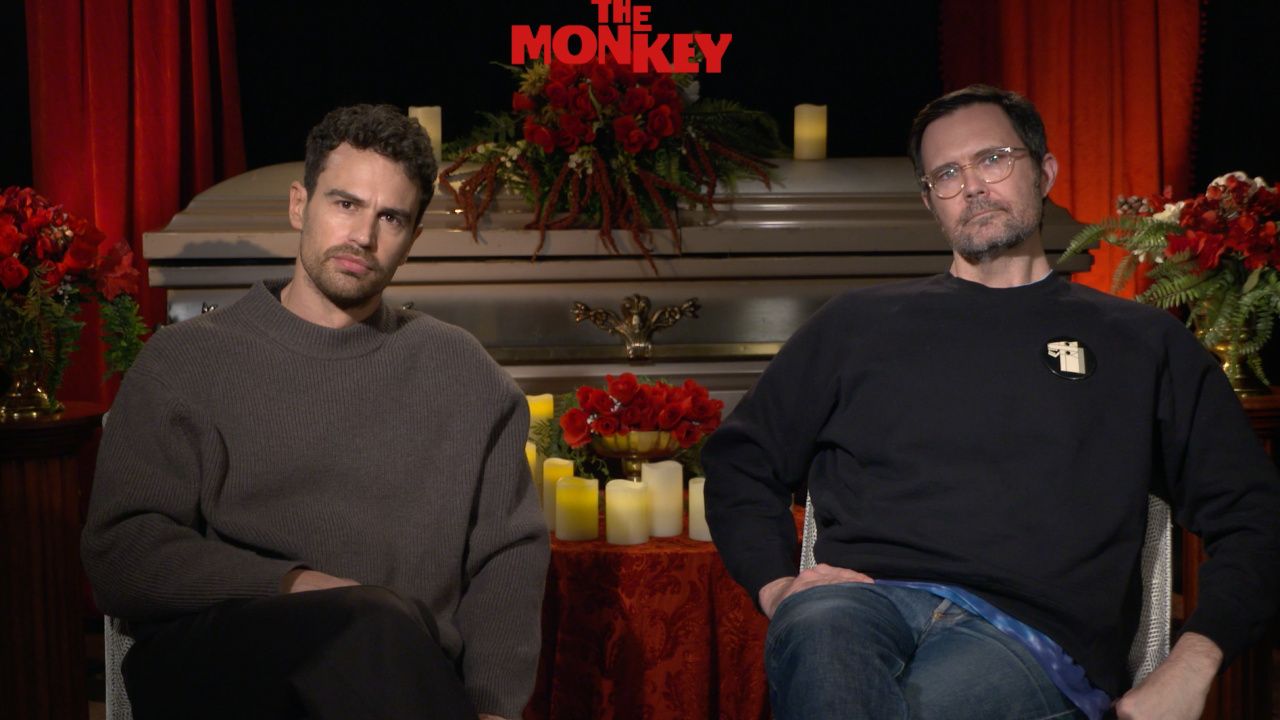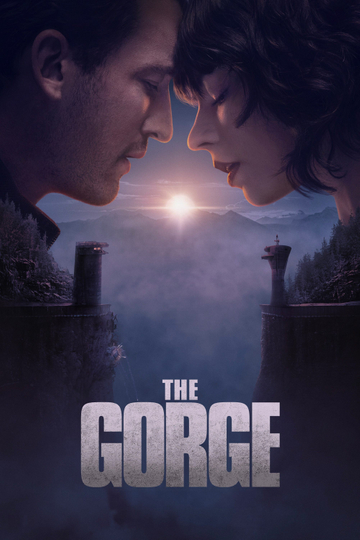'Mid90s' Review: Jonah Hill's Directorial Debut Is More Than Just Nostalgia Porn
A movie so committed to accurately portraying the lifestyle and community that it depicts that you wouldn’t be surprised if the crew wore Airwalks and skinned their knees in solidarity with the cast, “Mid90s” oozes not just with period accuracy, but authenticity.
Jonah Hill wrote and directed this portrait, and tribute, to skateboarders of a certain age and the families they worried (and perhaps exasperated), and he pours everything into getting that cultural moment correct. But what resonates most in this coming of age story is not the “Teenage Mutant Ninja Turtles” bed sheets, or the Golden Era hip-hop songs punctuating each attempted ollie, but the uncomfortable -- and inescapably powerful -- truth that bad-influence kids you fall in with can sometimes do as much good in your formative years as harm.
Sunny Suljic (“The Killing of a Sacred Deer”) plays Stevie, a quiet, curious 13-year-old punching bag to his younger brother Ian (Lucas Hedges) who is, by virtue of his age and innocence, the favorite of their mother, Dabney (Katherine Waterston). Negotiating a trade for Ian’s skateboard, Stevie starts visiting a nearby skate shop where he befriends Ruben (Gio Galicia), and quickly enough, Ruben’s buddies, led by Ray (Na-kel Smith), a promising skater who is attracting the attention of local pros. Charmed by his accommodating demeanor and willingness to follow them anywhere, no matter how dangerous, they soon indoctrinate him into their world, much to the chagrin of Dabney -- especially after he gets a concussion after falling off a roof.
But as Stevie battles with his mom over spending time with his new friends, divisions between him and Ruben, and Ray and another member of the group, F**ks**t (Olan Prenatt), threaten to dissolve these newly forged friendships and eject the 13-year-old from a community -- and an adult world -- that he’s just barely discovered.
Chronologically, I’m a few years ahead of the kids in this movie in terms of their entry into the world of skateboarding, but Hill’s film nevertheless feels like one of the most faithful portraits of that culture and that time period that isn’t a documentary, or an actual skate video from the era. It’s not just the baggy pants and “Beavis and Butthead” T-shirts, but the way that kids had a different kind of freedom than they seem to now; parents were a little less controlling, or maybe just less worried, when their children didn’t show up on time, or started exploring a new trend or hobby with which they were not familiar. Certainly, the fact that Dabney is a single mother offers Stevie and Ian a wider berth, but even late in the movie, after she’s embarrassed him in front of his friends, an argument seems to erupt mostly because she has waited too long to impose some boundaries on his extra academic activities.
Meanwhile, the skating in the movie feels suitably carefree, and on occasion, delightfully irresponsible, the byproduct of authority figures in Southern California (and everywhere, trust me) trying to regain control of a sport that exploded in popularity at the expense of park fixtures and concrete landscapes across the country. It also feels wonderfully visceral, the perfect encapsulation if sometimes dangerous outlet for teenagers to test the boundaries of what they can or should do with their bodies, especially with Stevie as the audience’s stand-in. No matter what happens to him, Stevie seems so small and vulnerable in comparison to the more physically mature teens he rides with, and it turns their adventures (and injuries) into moments of understated but palpable drama.
But perhaps most important is the way the movie showcases how important, even vital, “bad” kids can be to “good” ones in their adolescence, and often, as their legitimate friends. In spite of the film’s indulgence in a variety of politically incorrect observations and insults -- “retard” is thrown around liberally by these immature dunderheads -- Ray offers a strong counterpoint to Stevie’s spongelike absorption of everything he sees and thinks is right.
He further reminds Stevie that even in their own group, there are kids who are dirt poor; each of them has experienced depressing setbacks and losses. Most of all, he recognizes the influence that the older kids have on the younger ones, even if they’re not always careful enough with how they wield it.
Hill, who’s clearly paid attention to filmmakers like Judd Apatow, Bennett Miller, and Martin Scorsese, has proven himself an eminently capable director in his own right, as astute in his character observations as his combinations of image and sound. His loving attitudes about hip-hop luminaries The Pharcyde and Tribe Called Quest, not to mention Nirvana and Herbie Hancock, dovetail into his clear affection for, and understanding of, the perspectives of all of these characters he’s so vividly created.
Ultimately, “Mid90s” is such a specific slice of life that it’s maybe understandable that it won’t resonate with everyone. Viewers who were drawn to skate culture during its proto-“extreme sports” heyday, or just struggled to find their niche as they moved through adolescence -- choosing friends whose importance outweighed their negative influence -- may identify with, and find an unexpected authenticity (an emotional one) in the recognizable click-clack of its streetwise rhythms.


